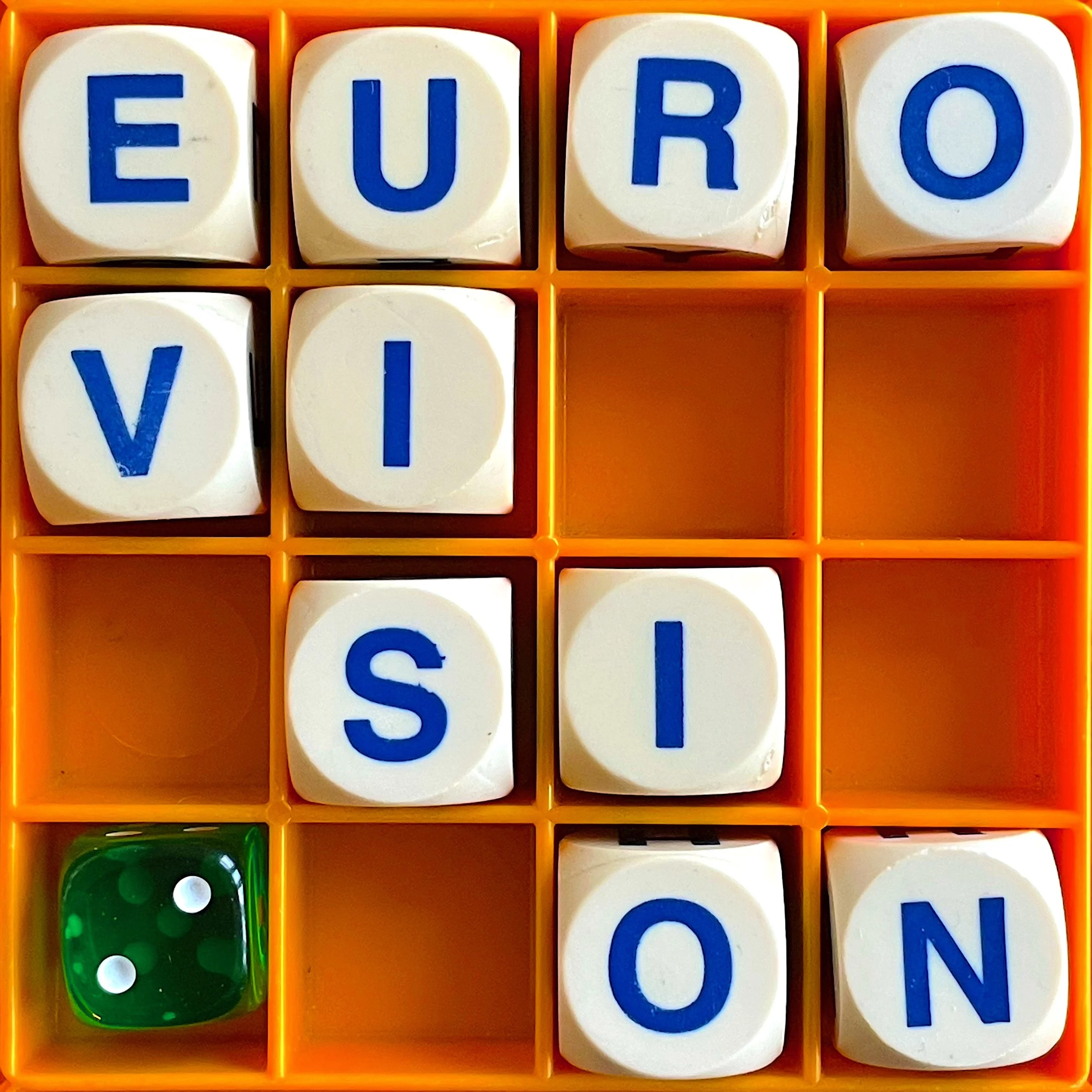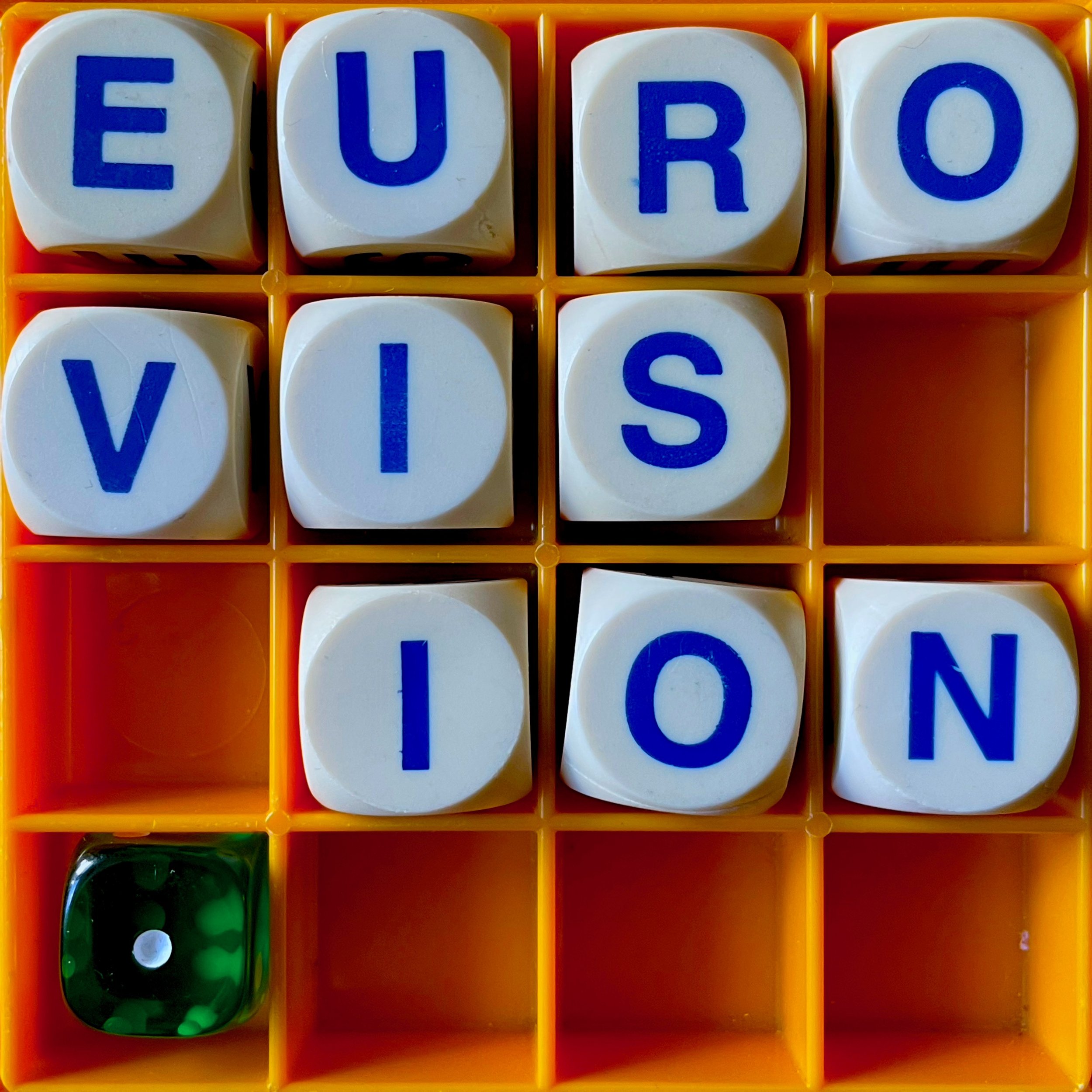DEAN VULETIC: There are lots of economic, cultural and political factors that can decide which language will be most represented in a country's entries, even when it has various national languages.
HZ: Azerbaijan: the only country never to have entered in its national language.
DEAN VULETIC: Correct.
HZ: Could be this year.
DEAN VULETIC: Errrr, I doubt it, because the Azerbaijani government has been very ambitious in Azerbaijan’s Eurovision entries, in using them as a tool of soft power and cultural diplomacy. It has spent a lot of money in getting well-known songwriters and composers from across Europe to produce pop hits that could really win Eurovision. And of course, this means hits in English. And once Azerbaijan did win Eurovision in 2011 and went on to host the most expensive Eurovision ever in Baku. So Eurovision is also popular among dictators as a tool of cultural diplomacy - or as a tool for whitewashing their human rights and democratic records.
Allusionist 174 Eurovision part 1 transcript
The Eurovision Song Contest has given us the international renown of Celine Dion, Måneskin, Dana International, Conchita Wurst and Riverdance; tear-off skirts, nul points, shiny shiny costumes, a band of babushke dancing around an onstage bread oven; not to mention fraught politics, within and between nations. And most importantly for our purposes: linguistic intrigue! So much linguistic intrigue.
Read moreAllusionist 118 Survival: Bequest transcript
ELIZABETH KEREKERE: I'm so convinced that transphobia, biphobia, homophobia are such an integral part of colonisation, I reject that as a colonial construct, I reject it as racist.
As they took our land - tried to take all of our land, tried to take all of our language and suppress our culture, they also took our expressions of sexuality and gender. And that is important to us in a core part of our culture, especially because the way that the institutional racism, the intergenerational trauma that is the legacy of colonisation has impacted on us and the levels of discrimination against people with diverse genders, sexualities and sex characteristics, that we see that all of this, all of this was a massive attempt to cover up what was already there and pretend it never happened.
Allusionist 22: Vocables - transcript
In normal speech, vocables perform various functions - for instance, 'um' and 'ah' buy us time to think, and paper over cracks in our phrases; and babies testing out their vocal cords tend to be pretty keen on the vocables. Not sure they have a wealth of alternatives at that stage, to be honest. So in speech, vocables aren’t meaningful, or consequential, or even intentional - but in song, they can be all these things. All those la la las and dum di dums and bom bom do be de doos are ubiquitous in songs - so what are they doing there?
Read more



